Dem-NPL legislators outline key areas of concern with Measure 5 implementation bill
Areas of concern represent significant departures from original intent and spirit
A document detailing the nine key areas of concern identified by Dem-NPL legislators can be viewed by clicking this link.
(BISMARCK, N.D.) – Democratic-NPL legislators today released a detailed list of their concerns regarding SB 2344, the medical marijuana implementation bill. These concerns refer to specific provisions in SB 2344 that differ significantly from the original intent and spirit of Measure 5.
“North Dakotan voters knew what they were doing when they overwhelmingly approved Measure 5 at the ballot box,” said Senate Dem-NPL Leader Joan Heckaman (D-23). “While the wording of the measure was imperfect, the intent was clear. As elected leaders, we have an obligation to preserve that intent and spirit as we move forward with implementing medical marijuana across the state.”
“The reality is that there are people in our state who are suffering from serious medical conditions that adversely impact their daily lives,” said Rep. Pamela Anderson (D-41). “For thousands of North Dakotans, medical marijuana means long sought-after relief from pain and suffering, and it means a chance at a better quality of life. That’s why we have to get it right when it comes to implementing Measure 5. We cannot use the implementation process as an excuse to water down Measure 5 or compromise the measure’s original purpose.”
Measure 5 – also known as the Compassionate Care Act – was approved in the November election by nearly 65 percent of the vote. Out of North Dakota’s 47 legislative districts, not a single district voted against Measure 5. The measure legalized medical marijuana throughout the state, opening the door to long-sought relief for patients with serious, sometimes life-threatening conditions like epilepsy, cancer and PTSD.
Unfortunately, implementing all of Measure 5’s provisions verbatim proved problematic for state regulators. Some of the measure’s provisions were ambiguous; others were unenforceable. For example, the measure did not include decriminalization language, which means patients could still be prosecuted for using marijuana for medical purposes. That’s why Republican and Democratic-NPL legislators worked together to pass SB 2154 to delay implementation of Measure 5 until no later than July 31, 2017.
Now, the state legislature must consider SB 2344, which lays out the specifics of how Measure 5’s provisions will be implemented. Like the delay bill, the implementation bill requires a two-thirds vote in both legislative chambers to pass. But there are several areas of serious concern that have been raised by Democratic-NPL legislators regarding the implementation requirements set forth in SB 2344. These areas of concern are outlined at this link.
“The need to delay implementation was evident to members of both parties,” said House Dem-NPL Leader Corey Mock (D-18). “That’s why 140 out of 141 lawmakers voted for it. However, as we’re moving forward with implementing Measure 5’s various provisions, our first priority must be to ensure that medical marijuana is safe for everyone, effective for those who need it, and accessible to all North Dakotans for whom it could mean a better quality of life.”
“It simply was not possible to implement Measure 5 word-for-word, which is why we supported the delay bill,” said Rep. Kathy Hogan (D-21). “But many of us are especially concerned that delaying implementation will now be used to undo what the people voted for. That’s why we went through SB 2344 line-by-line and examined each provision that differs significantly from Measure 5. The people deserve to know each way in which this bill differs significantly from what they voted for, and my sense is that our caucus would certainly not support this bill in its current form.”
# # #




